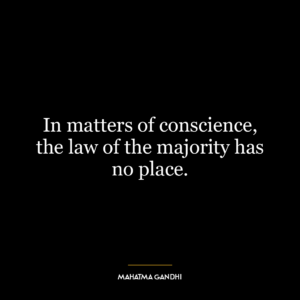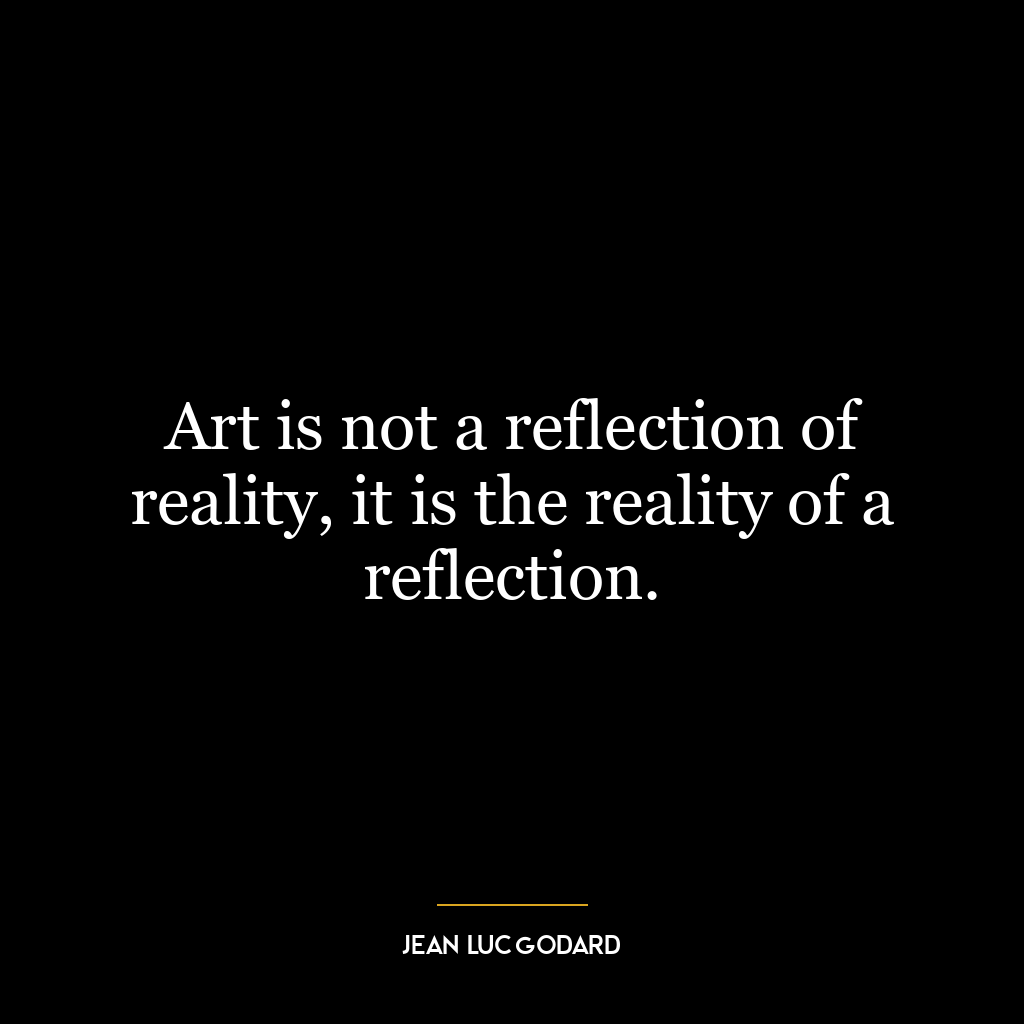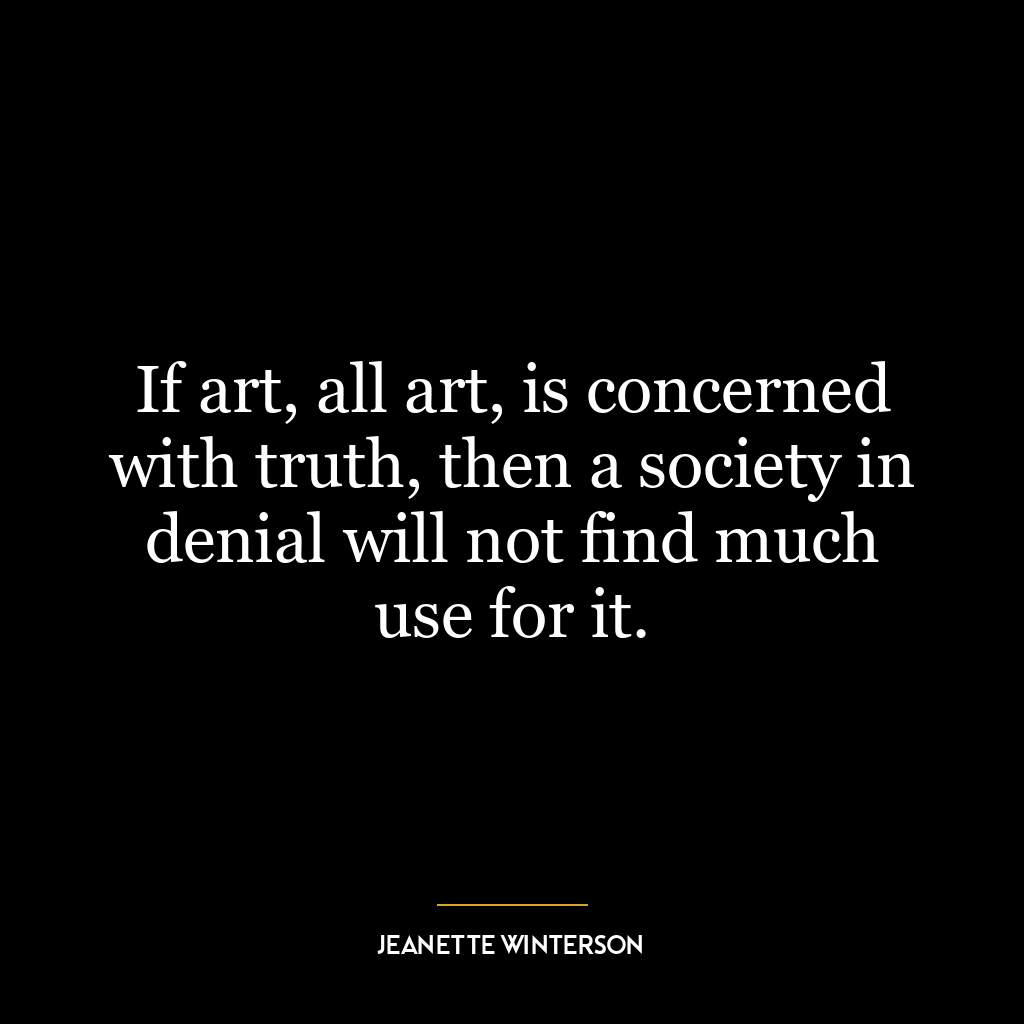The instruments for the quest for Truth are as simple as they are difficult.
This quote is a profound reflection on the journey to discover Truth. It suggests that the tools required for this pursuit are straightforward yet challenging. The simplicity here refers to the fact that the instruments are not complex or hard to understand. They are fundamental human abilities like honesty, integrity, humility, curiosity, and the courage to question and seek answers. These are simple because they are innate and available to everyone, regardless of their education or social standing.
However, these instruments are also difficult because using them demands discipline, commitment, and often, a willingness to face uncomfortable truths. For instance, honesty requires the courage to speak and accept the truth, even when it’s inconvenient. Similarly, maintaining integrity often means standing alone, and humility requires acknowledging our limitations and mistakes.
In today’s world, this idea is more relevant than ever. With the proliferation of misinformation and fake news, the quest for Truth has become increasingly challenging. It requires critical thinking, a willingness to question and verify information, and the courage to reject falsehoods, even when they align with our biases or serve our interests.
In terms of personal development, the quote suggests that growth and self-improvement depend on our ability to seek and accept the truth about ourselves and the world around us. This includes recognizing our strengths and weaknesses, acknowledging our mistakes and learning from them, and continuously seeking knowledge and understanding. It demands resilience, humility, and the courage to face and overcome challenges.
In conclusion, the quest for Truth, as Gandhi suggests, is both a simple and difficult journey. It’s a path that demands the best of our human abilities and values, but it’s also a journey that promises personal growth, wisdom, and a deeper understanding of the world and our place in it.









